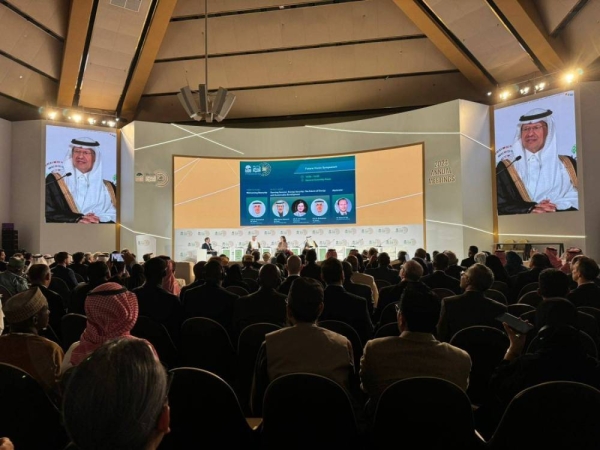
Two theories of how to realize change have prevailed in our region over the past few decades. One says: Forget about political authority and focus on changing society; make it more enlightened, rational, secular, and modern. Their rationale is that changing society and its values will inevitably reflect, at the end of the day, on this society’s political structure. As for the second theory, it says: Leave society, with its culture, education, and religious practices, aside; focus on political power. Their rationale is that changing the political authorities will inevitably reflect on society.
These two theories never reconciled; rather, they seldom intersected. With that, one thing they have in common is that both abandoned the ideological narratives of the Cold War, in which building Socialism, liberating Palestine, or some form of national unity is prioritized. However, they also both ignore the (ethnic and sectarian) social foundations of our societies, with all the negative implications that come with them: hindering the crystallization of a national political sphere and the people’s acquisition of their public sphere, as well as limiting the emphasis on the national and constitutional ties that it is hoped will replace sects and ethnicities.
Today, in any case, these two theories are reaping miserable failure, or two miserable failures.
Indeed, focusing on social and cultural change in our critique ends with horrifying outcomes: public consciousness receding further towards increasingly primitive forms, progressive and enlightened movements waning, and literal and rigid interpretations of religious teachings becoming increasingly common. Worse still, the majority of those who advocate limiting ourselves to overthrowing the cultural and moral system end up allying with the political regime or becoming complicit in its actions - and that is to say nothing about their turning a blind eye to the role of this regime in giving rise to and nurturing these value systems.
The fact is that sticking to our long-lived politics does nothing but postpone the implosion that eventually detonates, as demonstrated by the implosions that we have already seen where these long-lived politics prevailed. Moreover, the impact that military-security regimes have on the culture and values front is to make it more inert and calcified.
On the other hand, those who emphasize political change in their critique, and want to see it come in one fell swoop, ignore the fact that, over the past twenty years, we have witnessed the fall of Saddam Hussein, Muammar Gaddafi, Hosni Mubarak, Ali Abdullah Saleh, Zine El Abidine Ben Ali, Omar al-Bashir, and Abdel Aziz Bouteflika, but a combination of stability, freedom, and a modest degree of prosperity does not describe the situation in any of their countries. Instead, we have either civil wars and warlords or security and military regime and infallible rulers.
Comparing this state of affairs with events from the mid-1970s, we note that the death of General Franco, the removal of Caetano (Salazar’s heir), and the overthrow of the military junta in Athens sufficed to propel the shift toward democracy in Spain, Portugal, and Greece. It seems that in these countries, society had become ready to accept change and that all it had been needed was the death of the ruler or the removal of the political impediment. In our counties, only narrow circles have shown this kind of readiness.
Saying this does not imply that toppling the regimes that have been brought down was a mistake, especially since those regimes have proven apt at turning crises into calamities.
What it does mean, though, is that political change is a necessary but insufficient condition. In precisely the same vein, cultural and moral change is a necessary but insufficient condition. The change agenda must be more comprehensive and richer than it currently is, especially since political regimes and cultural and social regimes are partners - in cooperation and solidarity and in agreement and dispute - in creating the grotesque state of affairs we find ourselves in today. In our part of the world, we have learned from experience that limiting ourselves to fighting a particular regime does not guarantee any sort of promising transformation. Indeed, it gives rise to conditions, as well as a consciousness and value system, worse than those two regimes had created.
It could be said that the path of crystallizing such an agenda and turning it into consequential popular movements is long and difficult. That is true, as besides the difficulty of this task in itself, there are other elements that complicate things further. At least four of them top the list:
● We are currently mending the wounds of the past two decades and the state of affairs engendered by the defeat of the revolutions,
● The cities, most recently Khartoum, are descending into ruin, while the middle class is collapsing as poverty grows and the need for refuge increases,
● Regional and global conditions are not at all encouraging,
● Finally, part of the energy vying for change continues to waste away in meaningless battles against the “imperialist past” and the like,
Yes, the road is long and perilous, but it is the only path to a decent future!












